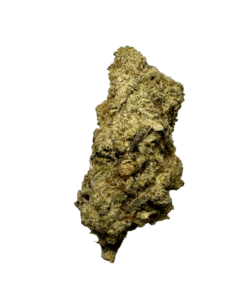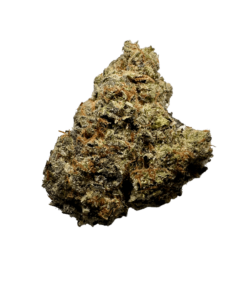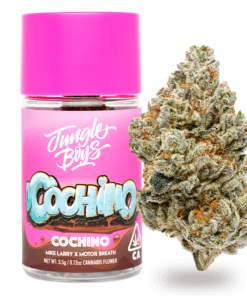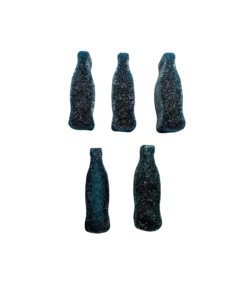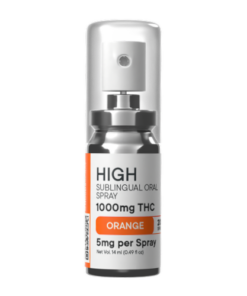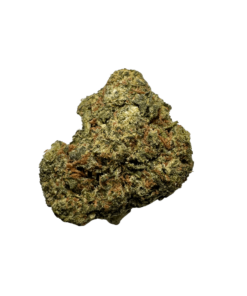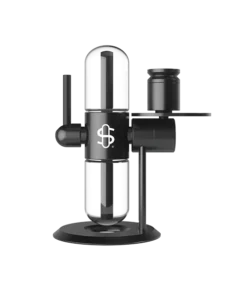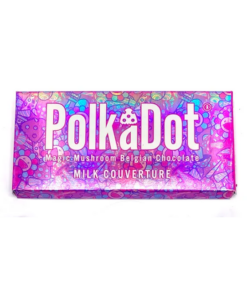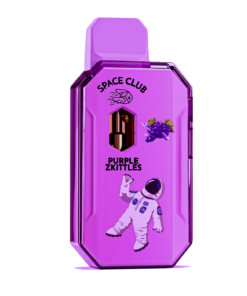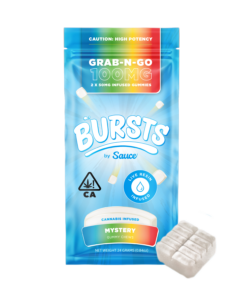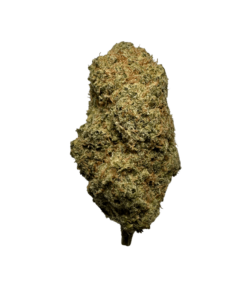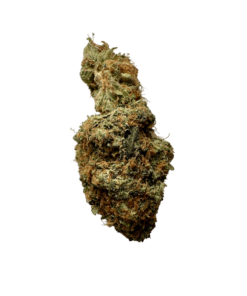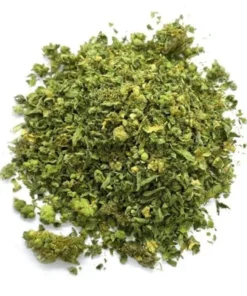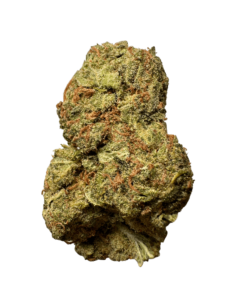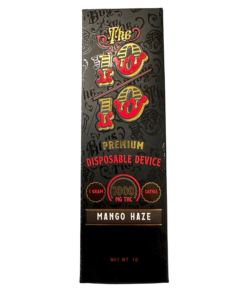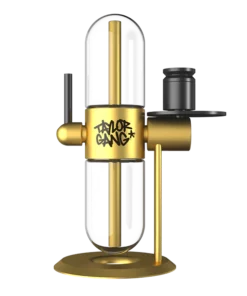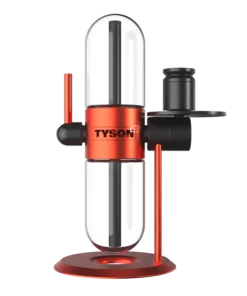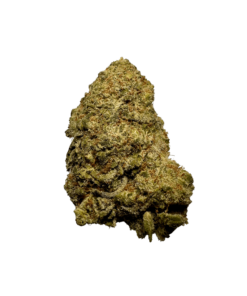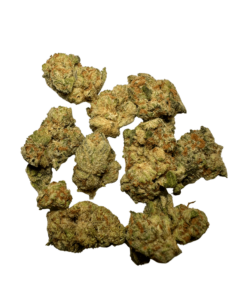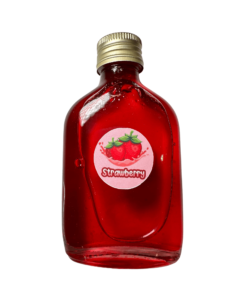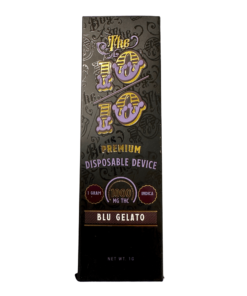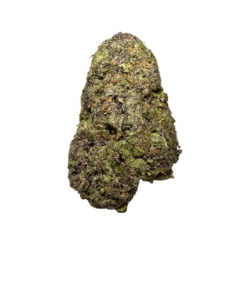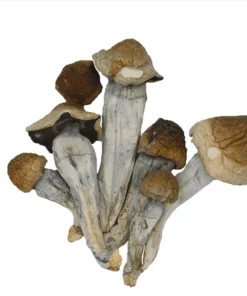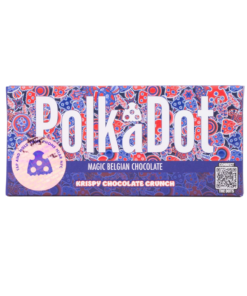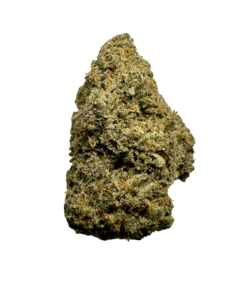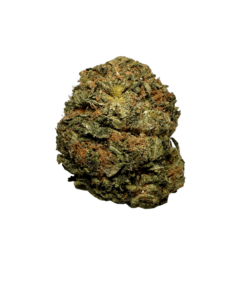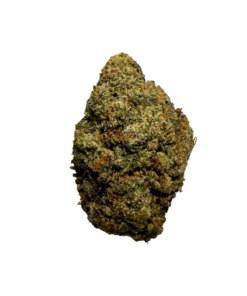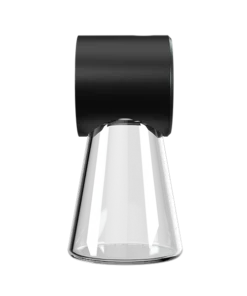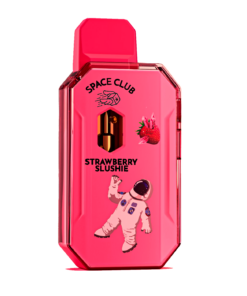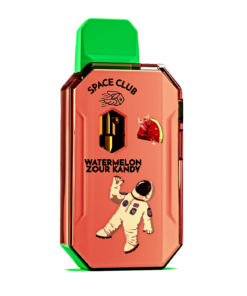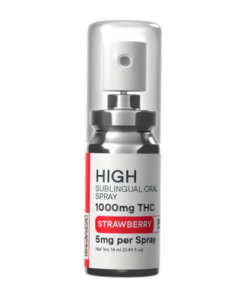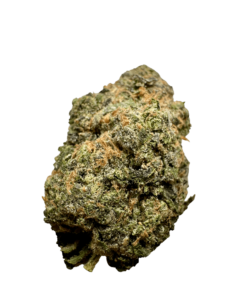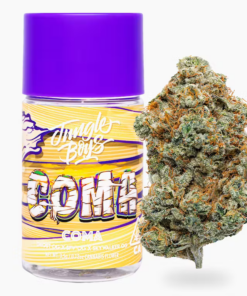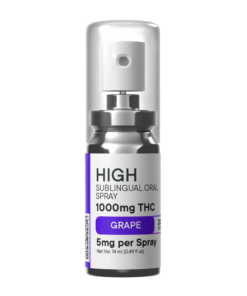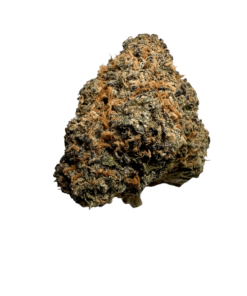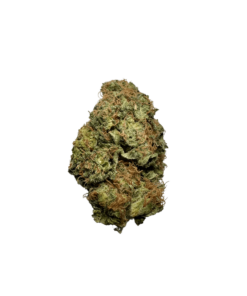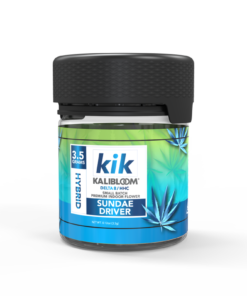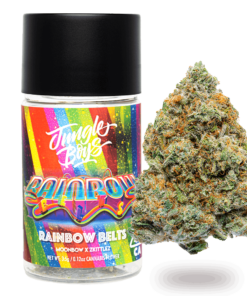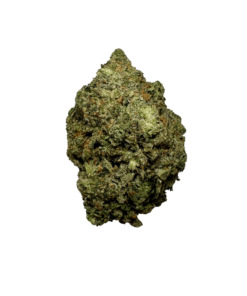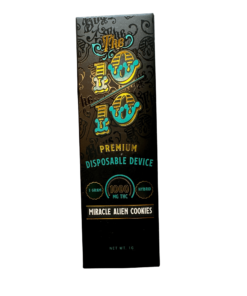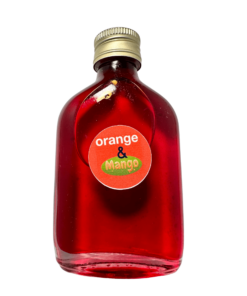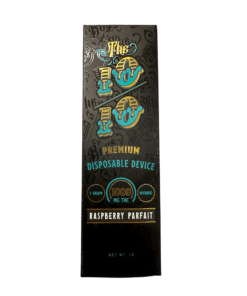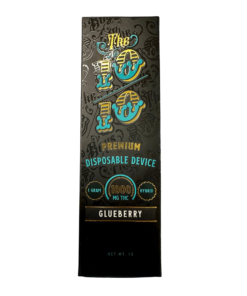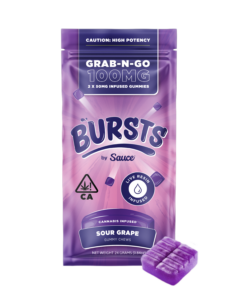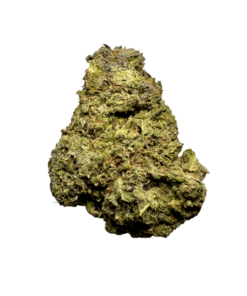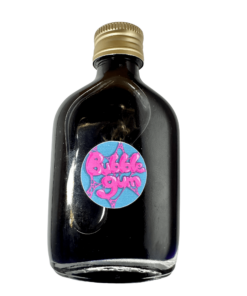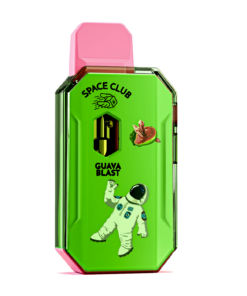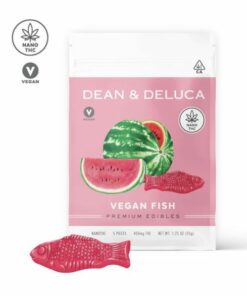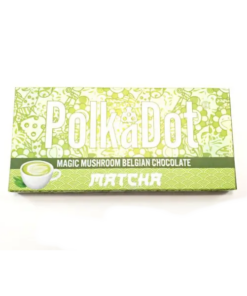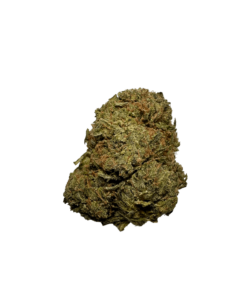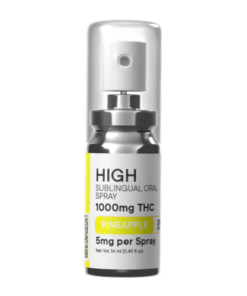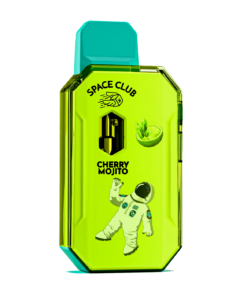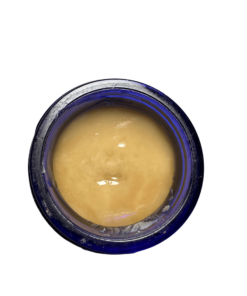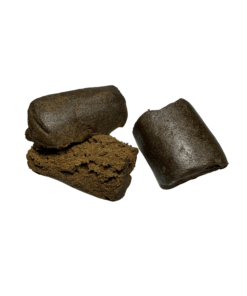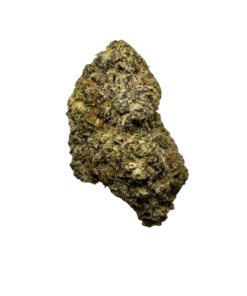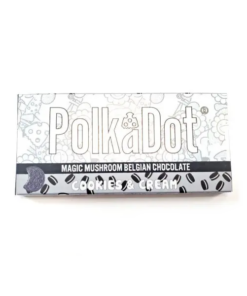The advantages of maintaining sobriety beyond January!
While Dry January concluded last week, the advantages of remaining sober extend throughout the year. Embracing moderation in alcohol consumption can significantly enhance your overall health and well-being naturally.
Key Points to Consider
- Alcohol Risks: Drinking alcohol carries inherent risks, with excessive consumption being the leading preventable cause of premature death.
- Financial Savings: In the UK, households spend an average of £17.60 per week on alcohol. By staying sober, households could save nearly £1000 annually.
- Health Benefits: A survey revealed that 70% of Dry January participants experienced improvements in their general health after 31 days of abstinence.
Wellness insights: Exploring the rewards of responsible drinking
As part of our Wellness Wednesday series, which focuses on holistic approaches to enhance well-being, it’s timely to delve into the rewards of responsible alcohol consumption and maintaining sobriety beyond January.
From enhancing overall health and mental clarity to bolstering financial stability, reducing alcohol intake offers numerous benefits. Let’s delve deeper into this enlightening topic.
What is dry January?
Dry January was initiated by the British charity Alcohol Change UK in 2012. It encourages individuals to abstain from alcohol for 31 days during the first month of the year.
The campaign’s aim is to promote health and well-being by ditching hangovers, trimming waistlines, and saving money. Over the past 12 years, Dry January has gained immense popularity, attracting participants globally.
This year, more than 175,000 individuals registered with Alcohol Change, although the actual number of participants is expected to be higher, as not all participants formally reported their involvement in the challenge.
How does alcohol affect health?
Alcohol consumption may induce feelings of relaxation or euphoria, but it poses several health risks regardless of the quantity consumed.
While moderate alcohol intake might fit into some individuals’ healthy lifestyles, it’s crucial to acknowledge the associated health hazards.
Those who engage in binge-drinking, consuming large amounts of alcohol periodically, are more likely to experience adverse health effects sooner than those who drink in moderation.
Short term effects of alcohol
Even a small amount of alcohol can have detrimental short-term effects on your health. For instance, alcohol can impair cognitive function and motor skills, leading to diminished judgment and coordination, thereby increasing the likelihood of accidents or injuries.
Another short-term consequence of alcohol consumption is dehydration. Alcohol causes the body to lose approximately four times as much liquid as it ingests.
This results in organs losing water, which is compensated by drawing water from the brain. Consequently, levels of salt and potassium decrease, impacting nerve and muscle function. This often manifests as headaches, fatigue, or nausea after drinking.
One of the most severe short-term risks associated with alcohol consumption is alcohol poisoning. Consuming a large amount of alcohol in a short period increases the risk of alcohol poisoning, which can be fatal. Symptoms include nausea, vomiting, slow breathing, unconsciousness, and seizures.
Crafting cannabis concentrates via alcohol extraction: A DIY guide
Long term risks associated with alcohol
Regular alcohol consumption can lead to the development of negative drinking patterns and, in severe cases, Alcohol Use Disorder (AUD), which can exacerbate mental health issues.
Chronic alcohol use is the primary cause of liver diseases such as cirrhosis, fibrosis, and liver failure, posing life-threatening risks.
The Centre for Disease Control and Prevention highlights that alcohol increases the likelihood of developing cancers in various areas such as the mouth, throat, liver, colon, esophagus, and for women, the breast.
Chronic heavy drinking weakens the immune system, rendering the body more susceptible to infections, and adversely affects gut health.
Alcohol’s impact on stomach acid can lead to inflammation of the stomach lining, potentially resulting in ulcers or stomach cancer if left untreated. This underscores the significant adverse effects of long-term alcohol consumption on gastrointestinal health.
How does alcohol impact lifestyle?
Alcohol’s impact on lifestyle is often underestimated, despite its serious effects on the body. Besides its direct influence on health, alcohol consumption can profoundly affect general well-being and wellness by shaping relationships, experiences, and finances.
Alcohol and Well-being: Although alcohol may seem like a social enhancer and can temporarily boost confidence or lower inhibitions, its long-term impact on mental health and emotional stability can be significant.
Aside from disrupting sleep patterns and reducing sleep quality, irresponsible alcohol consumption can lead to stress, anxiety, and depression.
Staying sober promotes mental clarity and makes it easier to manage emotions, leading to a drastic improvement in quality of life and overall sense of well-being.
Economic impact of alcohol
According to Drinkaware, the average UK household spends approximately £17.60 per week on alcohol, equating to nearly £1,000 annually.
In a pub or nightclub setting, purchasing five bottles of beer and five alcopops typically costs around £35, just below the recommended limit of 14 units of alcohol per week.
By halving this consumption to include only 7 units per week, such as three alcopops and two small bottles of beer, one could save up to £910 in a year.
Amid the current cost of living crisis, additional income is always welcome, and adjusting drinking habits could offer a simple means to improve finances and enhance overall well-being.
Alcohol and Medication Interactions
One often overlooked aspect is how alcohol can affect the medications you are prescribed. When alcohol and medications interact, both the effects of your medication and the effects of the alcohol you consume can be altered.
While most research in this area focuses on the chronic use of alcohol and medication interactions rather than responsible moderate drinking, there are numerous life-threatening consequences associated with drinking while taking certain prescribed treatments.
Combining opioids or benzodiazepines with alcohol is highly dangerous and should always be avoided. Caution should also be exercised when taking medications with sedative or anxiolytic effects while consuming alcohol.
Cannabis-Based Medications and Alcohol:
Cannabis-based medicines are also known to interact with alcohol, and it is advisable to refrain from drinking to avoid negative drug interactions, particularly with new treatment plans.
Research suggests that consuming cannabis or cannabis-based products before drinking alcohol could delay the body’s recognition of alcohol, causing blood alcohol levels to rise more slowly.
This delay may lead individuals to drink more than they should because the sensation of being drunk is delayed.
Other studies indicate that if cannabis is taken after drinking alcohol, the rate of THC absorption increases. This can disrupt dosing routines for medical cannabis patients and elevate the risk of side effects.
What happens to the body when you quit alcohol?
For individuals not grappling with alcohol addiction, abstaining from alcohol can yield noticeable benefits within a few days, with tangible improvements in health and well-being becoming apparent over several weeks.
One of the initial changes people often observe upon quitting drinking is enhanced sleep quality. While alcohol may induce a rapid onset of deep sleep, it disrupts rapid eye movement (REM) sleep, crucial for emotional processing, brain development, and memory consolidation.
Ordinarily, individuals experience six to seven REM cycles per night, but alcohol consumption reduces this to just one or two cycles.
The health effects of dry January
A study conducted by psychologist Dr. Richard de Visser from the University of Sussex in 2018 delved into the impacts of Dry January and sought to identify the most significant benefits on everyday life.
Analyzing survey responses from 800 participants, researchers discovered the following improvements after one month of abstaining from alcohol:
- 71% experienced enhanced sleep quality.
- 70% reported improvements in their overall health.
- 67% noted increased energy levels.
- 58% observed weight loss.
- 57% noticed improved concentration.
- 54% observed better skin health.
What are the lifestyle benefits of drinking responsibly?
Dr. Richard de Visser’s exploration into the advantages of Dry January also inquired how participants felt about the impact of staying sober for a month on their lifestyle.
A vast majority of respondents reported feelings of achievement (93%), financial savings (88%), enhanced control over their drinking (80%), and insights into their drinking habits (76%). Additionally, 71% realized they could enjoy themselves without alcohol.
While complete abstinence may not suit everyone, moderating alcohol intake to adhere to (or fall below) the recommended limit of 14 units per week can minimize health risks and significantly improve overall well-being.
Quality of life
Enjoying alcohol responsibly and in moderation can help maintain mental clarity and reduce the risk of developing mental health issues associated with excessive drinking, ultimately enhancing quality of life.
Dr. Richard de Visser’s study revealed numerous benefits to abstaining from alcohol, suggesting it as a consideration for those struggling with mental health.
Reducing alcohol intake can also facilitate a healthier lifestyle. With improved sleep patterns, individuals feel more energized and can engage in physical activities that promote heart, body, and mental well-being.
Moderate drinking also lowers the risk of developing diseases or serious conditions linked to chronic alcohol consumption, such as heart and liver disease.
Elevate your gaming experience with THC strains at dispenseroO
Balancing enjoyment with wellness
Enjoying alcohol in moderation doesn’t entail sacrificing your social life; in fact, it can enhance your social interactions. Drinking responsibly often leads to more enjoyable nights out as they are not marred by negative side effects like dizziness, poor coordination, or nausea.
Another benefit of finding a healthy balance is its positive impact on personal relationships and communication.
When intoxicated, it becomes challenging to interpret social cues and engage in meaningful conversations. Drinking in moderation helps mitigate these issues.
Despite the prominent drinking culture in the UK, it’s crucial to resist social pressures and consume alcohol in moderation for both your health and overall well-being.
Mindful drinking techniques, such as alternating between alcoholic drinks and water for hydration, prioritizing quality over quantity, and setting personal limits, can contribute to a balanced approach to alcohol consumption.
Disclaimer: The information provided on this page is for educational purposes only and should not be considered medical advice. Always consult with a healthcare professional before using any THC product.


